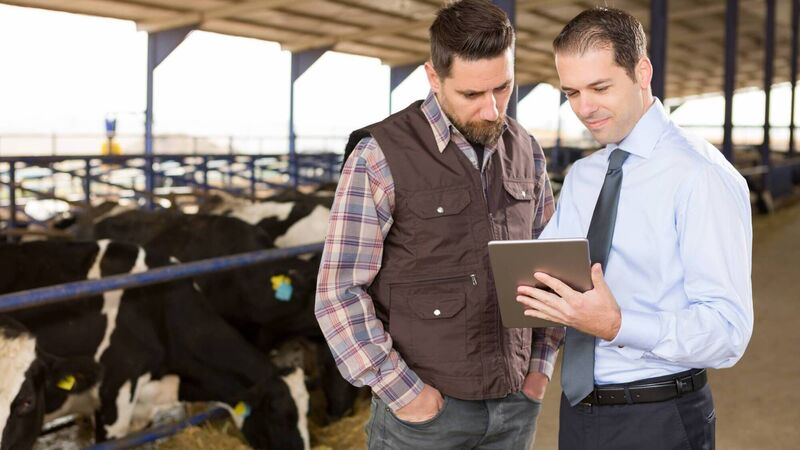Pros and cons of conversion from sole trader to company

Company incorporations by farmers continue at pace.
Try from €1.50 / week
SUBSCRIBECompany incorporations by farmers continue at pace.
Figures from the Department of Agriculture show that over 2,500 Irish companies were beneficiaries under the EU’s Common Agricultural Policy (CAP) for funding in 2019.
Already a subscriber? Sign in
You have reached your article limit.
Annual €130 €80
Best value
Monthly €12€6 / month
Introductory offers for new customers. Annual billed once for first year. Renews at €130. Monthly initial discount (first 3 months) billed monthly, then €12 a month. Ts&Cs apply.
Newsletter
Keep up-to-date with all the latest developments in Farming with our weekly newsletter.
Newsletter
Keep up-to-date with all the latest developments in Farming with our weekly newsletter.
Newsletter
Sign up to the best reads of the week from irishexaminer.com selected just for you.
Newsletter
Keep up with stories of the day with our lunchtime news wrap and important breaking news alerts.
Saturday, February 7, 2026 - 3:00 PM
Saturday, February 7, 2026 - 4:00 PM
Saturday, February 7, 2026 - 7:00 AM
© Examiner Echo Group Limited